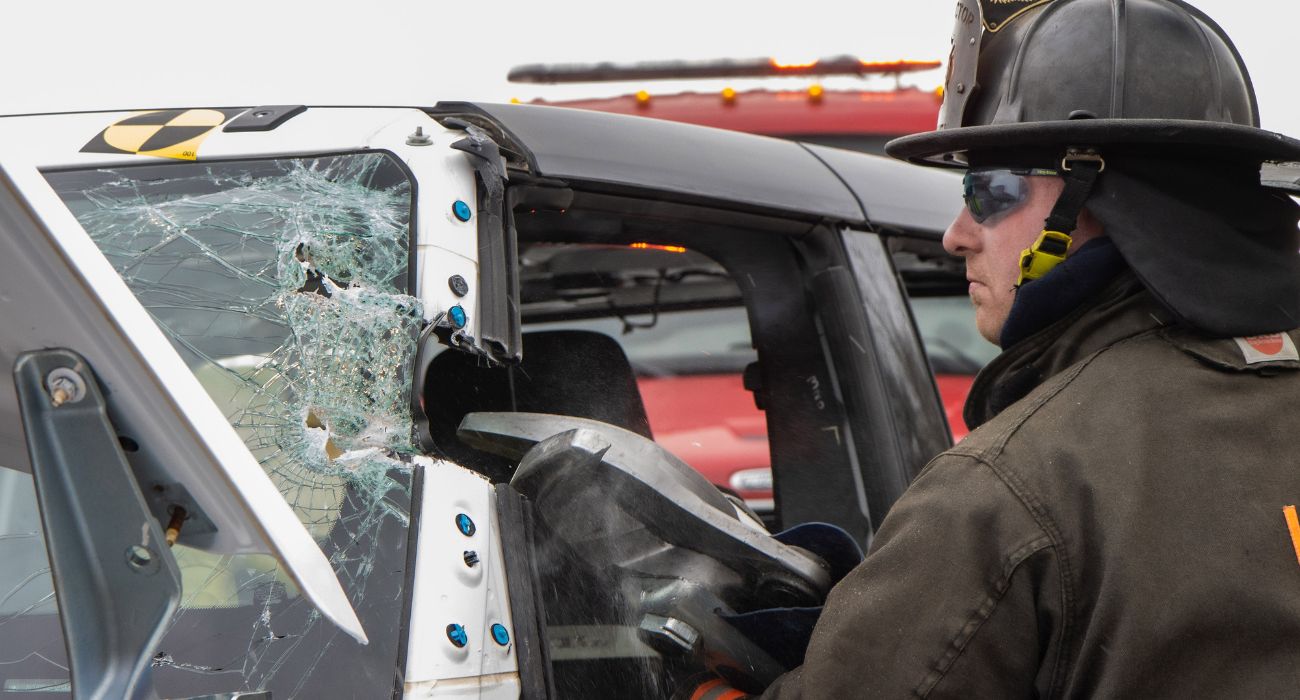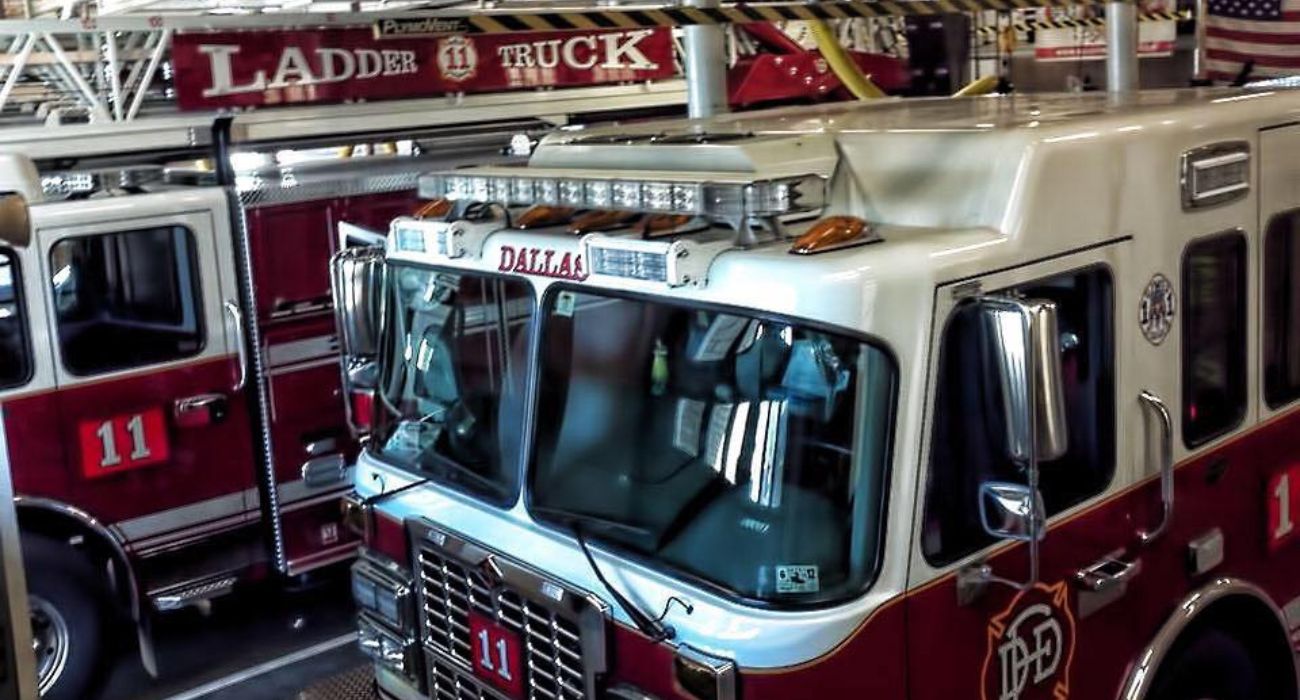First responders and firefighters from around the metroplex are receiving special training on how to deal with electric vehicles in emergency scenarios.
General Motors (GM) has partnered with OnStar and the Illinois Fire Institute to create the EV First Responder Training program as an education and outreach program designed to offer emergency responders, mainly firefighters, information about battery electric vehicle technology and share best practices for handling electric and hybrid vehicles in various emergency scenarios.
Because of successful piloting events held in Michigan, GM announced it would expand its efforts to Fort Worth and other metro areas. Over 50 first responder organizations are slated to receive this training, according to NBC DFW.
Firefighters gathered in Garland and Austin earlier this month and were briefed on existing, past, and future vehicle models, battery structures and components, and internal combustion engine incidents.
Hands-on training included learning about high voltage disconnect and stabilization, venting, flames, arc flash, and unswitched energy. First responders were also trained to deal with vehicle fires, crashes, and extrication.
Over 150,000 electric vehicles are currently registered in Texas as of October 22, according to Dallas-Fort Worth Clean Cities.
“Our primary goal is to provide key information directly to first and second responders,” said Joe McLaine, GM’s global product safety and systems engineer, in an earlier press release.
“This training offers unique material and hands-on experiences that can help increase responders’ awareness of procedures to help maintain safety while interacting with EVs during the performance of their duties,” he continued.
Rajesh Nagappala, one of GM’s trainers, told CBS News that electric vehicles pose a slightly different kind of risk rather than a greater one.
“People are familiar [with gas-powered vehicles] for hundreds of years: don’t mess with the gas tank or the diesel tank. They already know. We’re giving the same message here. Don’t mess with the battery pack,” Nagappala said.
Garland Fire Department representative James Dugger told NBC DFW that while they have had previous training sessions, this would be the first intensive training with real-life simulations.
“Anytime we have a vehicle accident, usually when we take our jaws [of life] and extricate the car from around the victim, now we actually have to worry about where we cut the car so that we don’t injure our first responders or the victims that are in the car,” Dugger said.
As electric vehicles grow in popularity, so does the need for this particular training.
“A lot of people don’t realize water right now is the only thing, and copious amounts of water put on a battery pack or battery package, in a thermal event or fire, is the only thing that will work. Foam, other retardants, will do nothing to the source of a lithium-ion battery,” McLaine told CBS News.
As previously reported in The Dallas Express, electric vehicle fires can be tough to contain and suppress. It took 4,500 gallons of water to put one blaze out earlier this year in California, which is approximately the same amount of water it takes to put out a building fire.
Another big difference is that electric cars are quiet, even when they are running. First responders were cautioned to keep in mind that even though they may not be able to hear that an electric vehicle is running does not mean that it is off.
“It’s just another precaution we have to take to make sure it’s stabilized, it’s turned off and we do it effectively,” said Robert Rich, a Garland firefighter.
Electric cars may have fewer similarities with their combustion engine counterparts, but first responders are keen to learn and adapt to the new technology they face.
“It’s an exciting time to learn how these vehicles are going to operate and how the technology’s going to advance,” said Rich.






